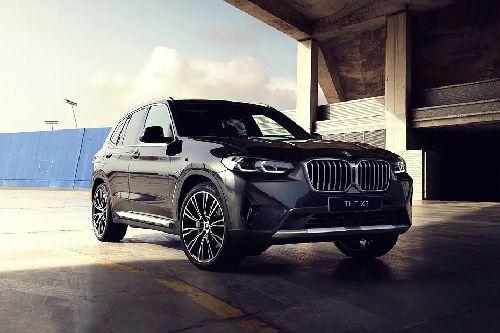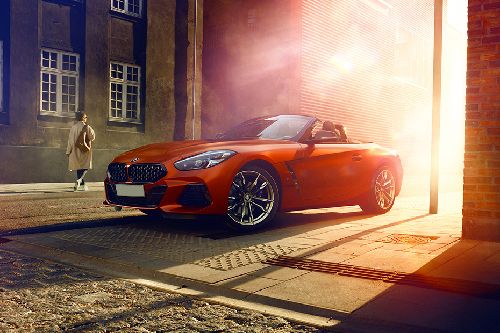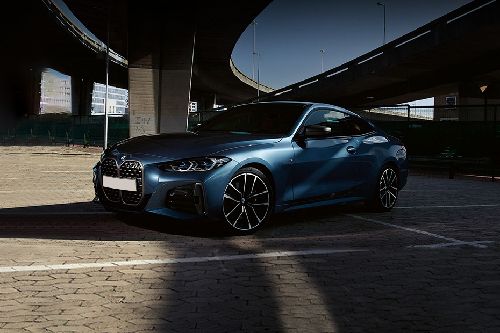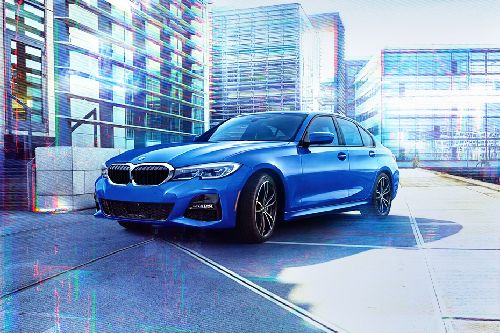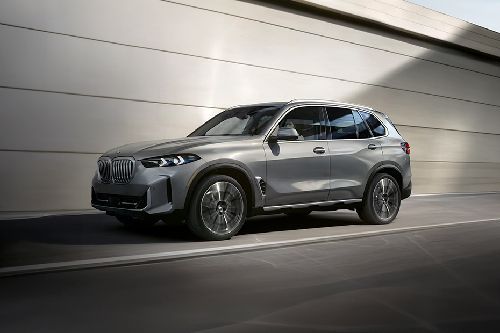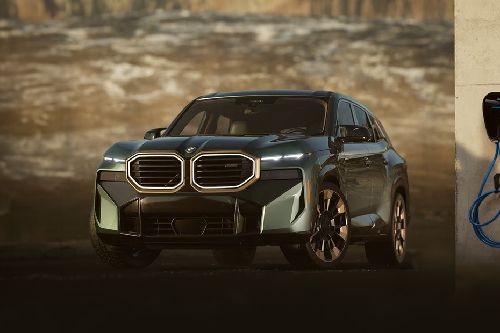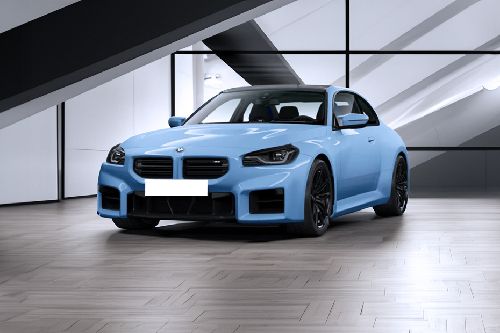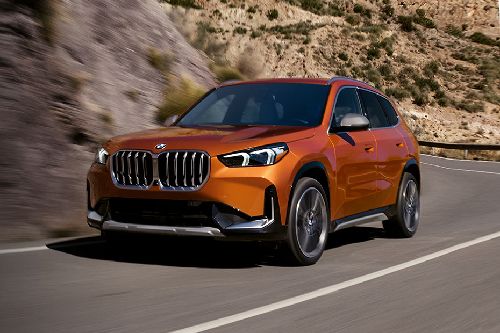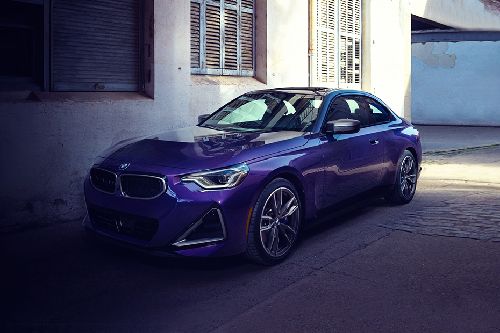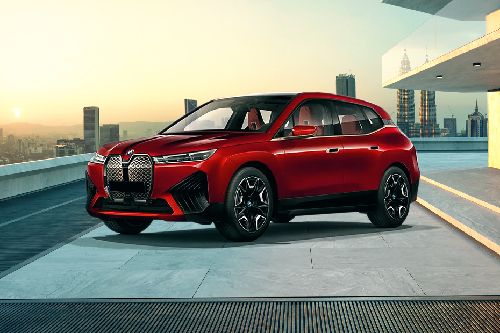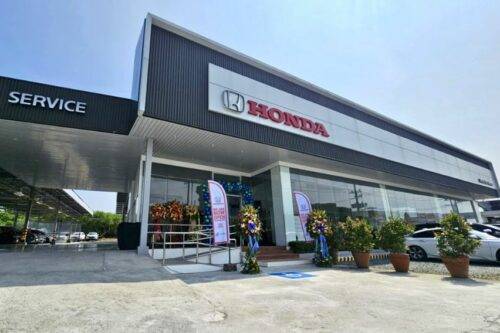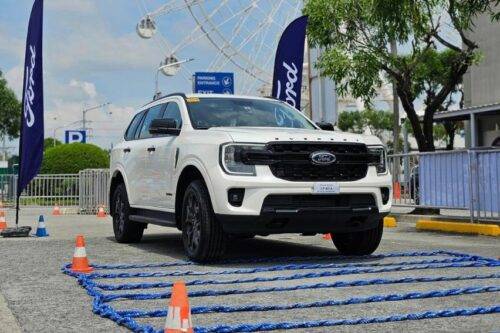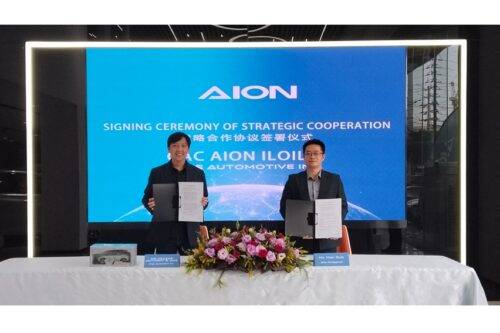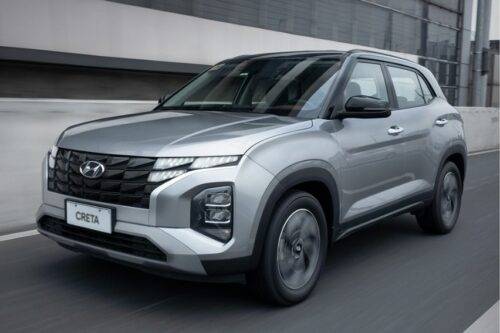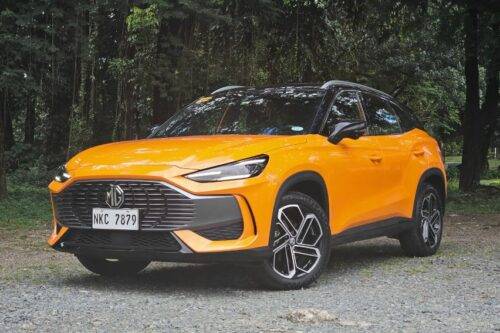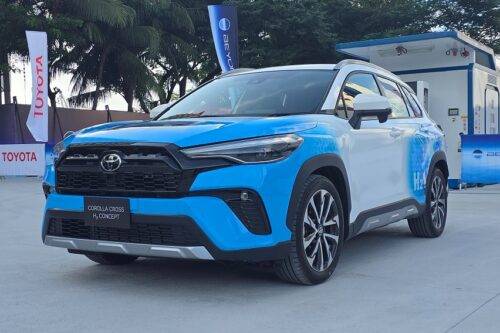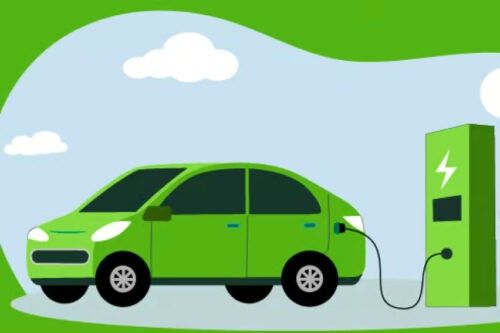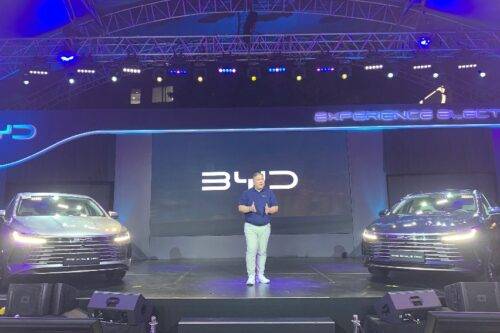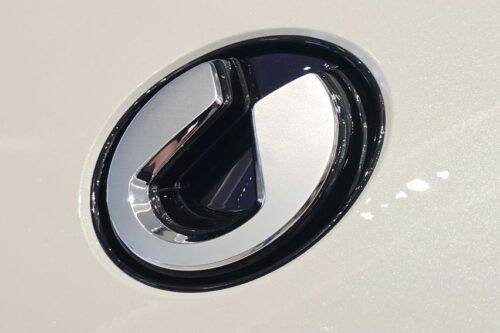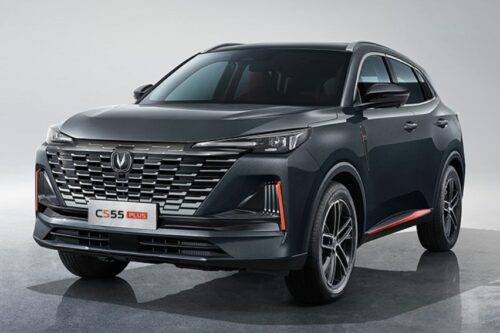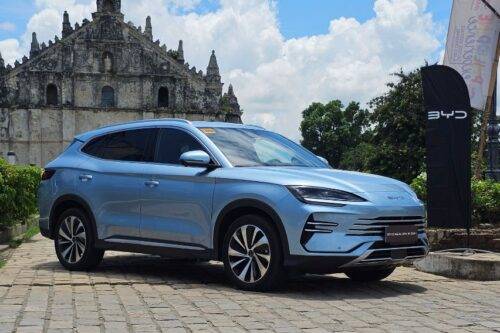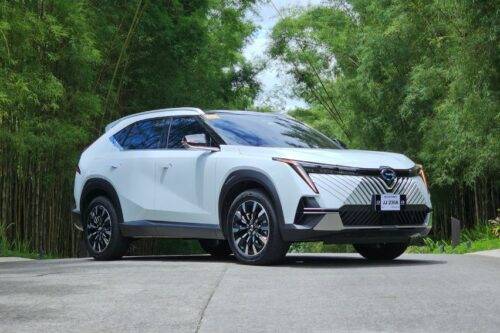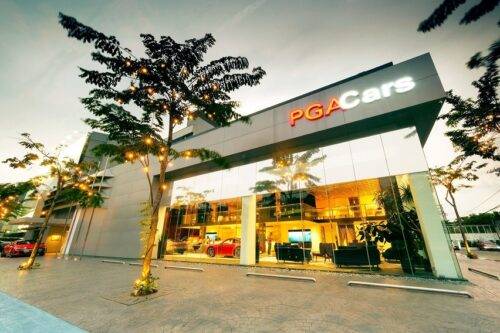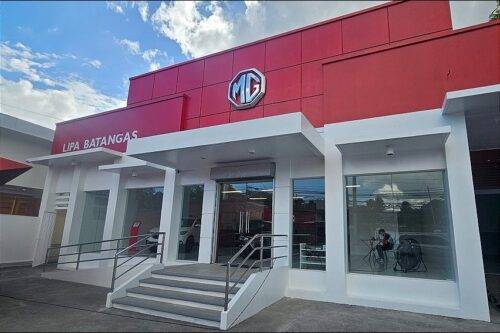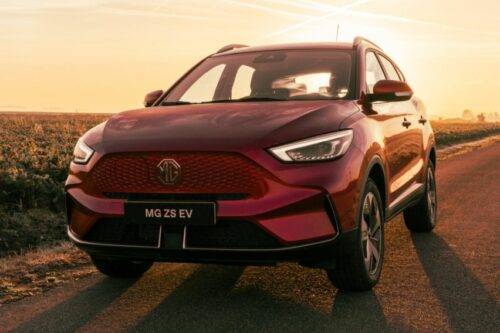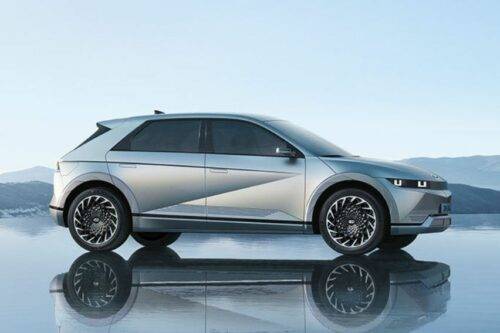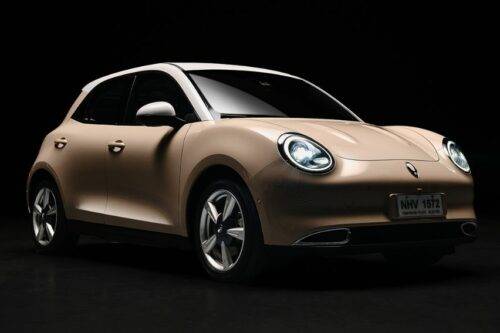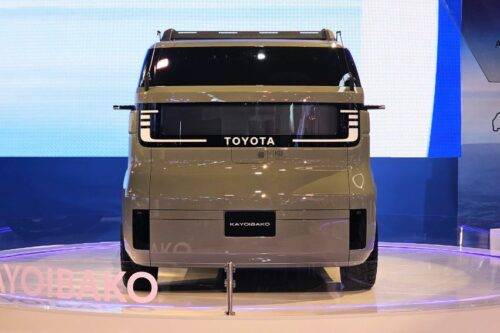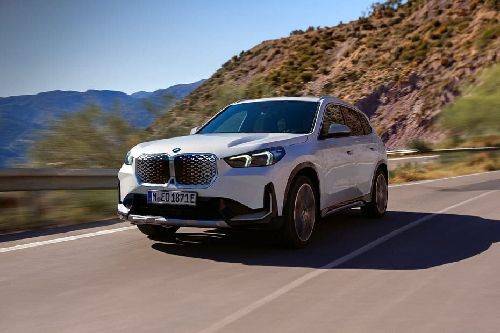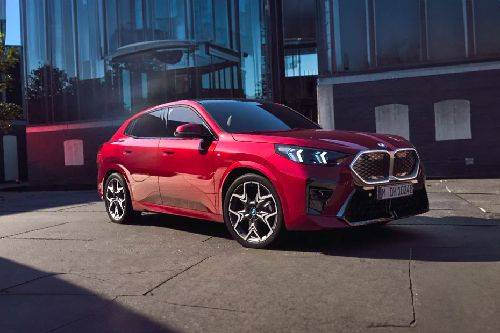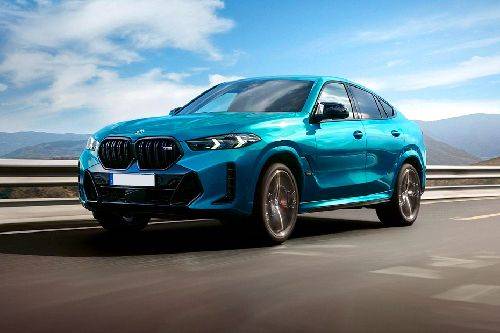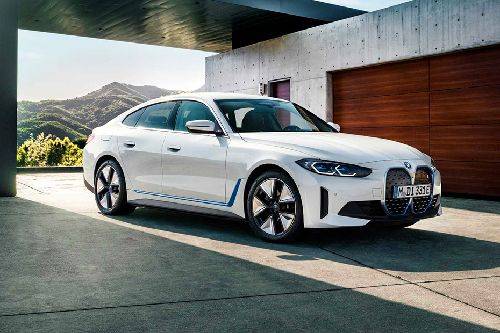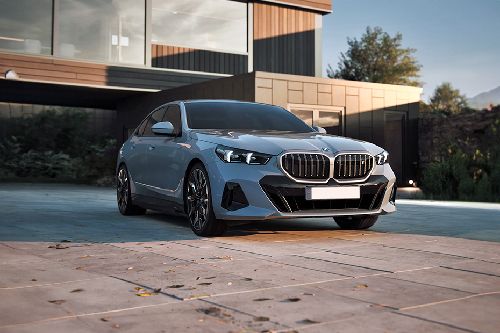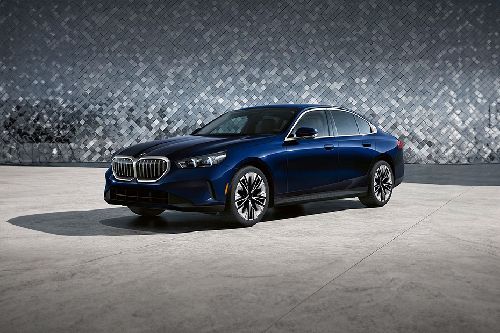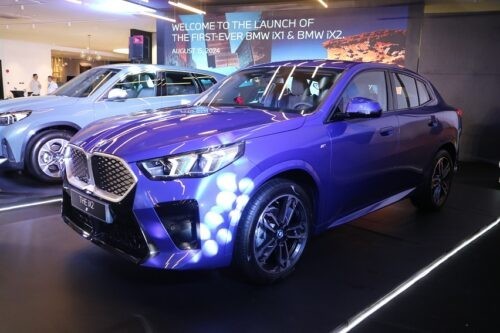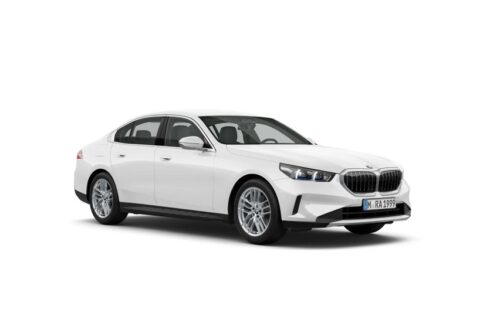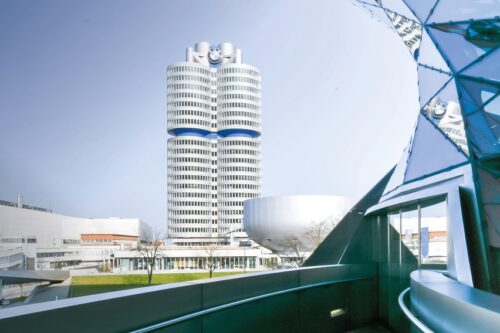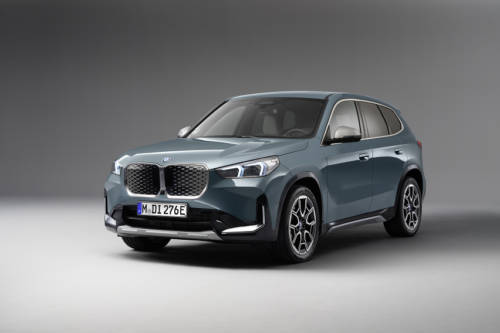BMW Group maps out future after pandemic

MANILA: The BMW Group appears to be well-equipped to respond rapidly and smartly to new developments amid the COVID-19 pandemic through the systematic identification of potential scenarios. The company is also developing approaches for different situations and is ready to employ additional measures to safeguard its financial standing.
The systematic planning is critical, considering that the BMW Group perceives the impact of the coronavirus pandemic to limit the operations of the whole automobile industry for a long time. It has also become clear that distribution volumes in major markets will not normalize in just a few weeks.
Moreover, the BMW Group is actively conscious as an employer and as an essential part of society. It promotes the safety and well-being of its workers and aims to achieve the best balance possible to ensure the lasting success of the company.
The BMW Group is also assisting public authorities in supplying vehicles for relief organizations and the procurement of personal protective gear. It has even begun its manufacture of respiratory masks for healthcare workers, first responders, and COVID-19 patients.
The strategic decisions of the BMW Group are paying off even in the present situation. At an early stage, it talks about achieving the currently relevant CO2 goals, which is a significant part of the initiative to electrify its model lineup progressively. In its new model fleet, the BMW Group continues working diligently to minimize CO2 emissions and is also expected to meet the CO2 fleet goal for newly registered vehicles in Europe this year.
Consequently, the efforts of the BMW Group to reach potential and mandatory CO2 and fuel consumption restrictions are focused on the cumulative effect of its Efficient Dynamics technologies it has implemented since 2007, along with the gradual electrification of its fleet.
The BMW Group laid the groundwork for attaining higher productivity and better operational efficiency with its Performance > NEXT program introduced in 2017. It has also systematically secured its access to the necessary raw materials to provide electric mobility.
Through its Performance > NEXT program, the BMW Group has also reduced production frequencies for new vehicle models by at least one third.
Since the start of this year, the BMW Group has directly procured the necessary lithium and cobalt and has delivered these resources to suppliers producing battery cells. In terms of the product side, the transition to the development of advanced flexible vehicle architectures would remove up to 50% of the current drivetrain models from 2021 onwards.
Also, the product lineup of the BMW Group is continuously evaluated with a perspective of looking for new, possible approaches to reduce complexity. The capacity for greater convergence and flexibility in indirect transactions such as material and manufacturing costs is also diversified through the BMW Group.
At the same time, the BMW Group continues to be convinced regarding the value of continually focusing on customer needs. It also concentrates on the essential technologies needed to address customer needs as vital to its lasting success.
With these priorities in mind, the BMW Group continues to invest in developing its expertise in significant areas of technology. By 2025, the BMW Group plans to spend more than €30 billion in research and development to strengthen its position as a global leader in innovation.
The BMW Group also intends to attain a third of the necessary reduction through the improvement of its traditional drivetrain systems. The remaining two-thirds can be achieved through an increase in the number of electrified vehicles it manufactures.
As a leader of electrical mobility, the BMW Group is currently in the process of improving its lineup of electrified vehicles dramatically. By the end of 2021, it will be able to sell five all-electric-series production vehicles to customers.
There is no question that the next generation of the BMW 7 Series will mark a new achievement. The flagship of the BMW brand also provides customers with the "Power of Choice" and is set to come with four various drivetrain types. It will be available as an electrified plug-in hybrid, a high-performance diesel version, petrol-powered version, and an all-electric BEV model, fully equipped with fifth-generation electric drivetrain technology for the first time.
Through this combination, the BMW Group has emphasized its goal of providing every customer with the ideal technology for more sustainable mobility.
Photo from BMW
Also read: BMW iX3 EV is set for production in 2020 and comes with 440 km range
Sell your car at the best price
 Verified and genuine buyers
Verified and genuine buyers
BMW Car Models
PIMS 2024
- Latest
- Popular
You might also be interested in
- News
- Featured Stories
- Latest
- Popular
Latest BMW Car Videos on Zigwheels

BMW Car Articles From Carmudi
- journal

